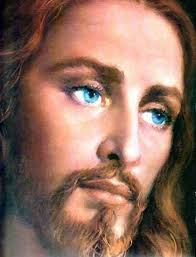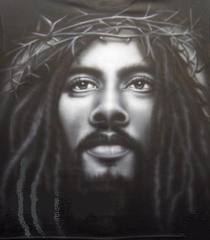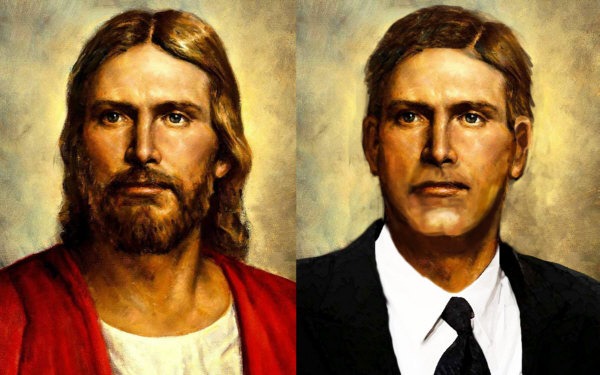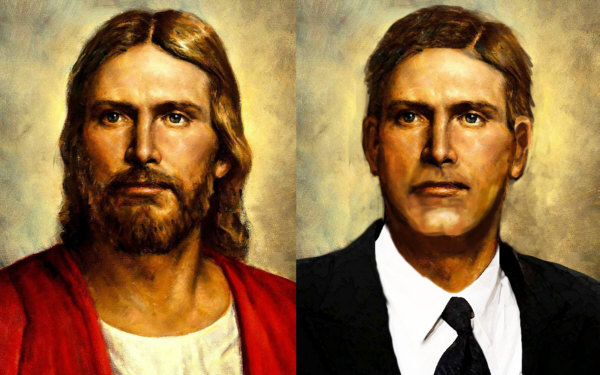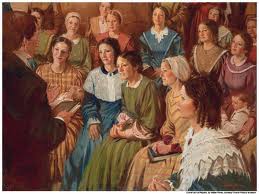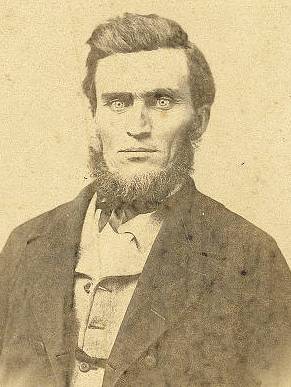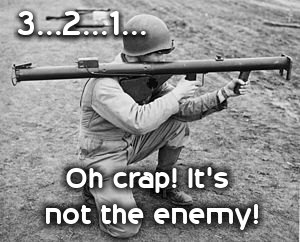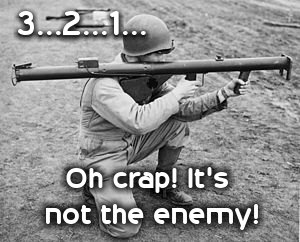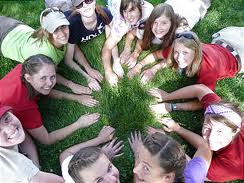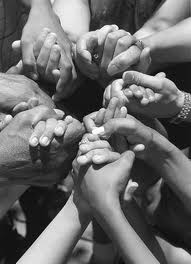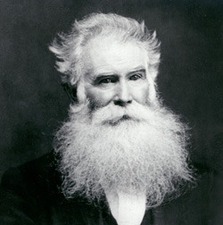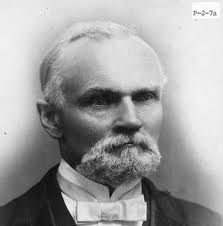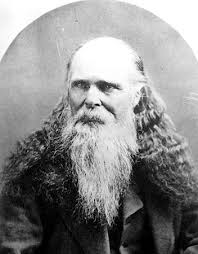I am quite sure that by now you guys have seen all the changes in the new quad. The Church addition to Official Declaration 2 is remarkable. I always thought it needed a sort of heading or introduction (before you get into the actual letters) and even though I am well aware that a lot of little changes have taken place all over the Scriptures, this one is of particular interest to me. The new addition to Official Declaration 2 reads:
Book of Mormon teaches that “all are alike unto God,” including “black and white, bond and free, male and female” (2 Nephi 26:33). Throughout the history of the Church, people of every race and ethnicity in many countries have been baptized and have lived as faithful members of the Church. During Joseph Smith’s lifetime, a few black male members of the Church were ordained to the priesthood. Early in its history, Church leaders stopped conferring the priesthood on black males of African descent. Church records offer no clear insights into the origins of this practice. Church leaders believed that a revelation from God was needed to alter this practice and prayerfully sought guidance. The revelation came to Church President Spencer W. Kimball and was affirmed to other Church leaders in the Salt Lake Temple on June 1, 1978. The revelation removed all restrictions with regards to race that once applied to the priesthood.
1. The mention of people of every race and ethnicity (throughout history) been baptized as faithful members of the Church of Jesus Christ of Latter Day Saints is important. The Church never denied the saving ordinance of baptism to people of African heritage.
2. I was glad to read the addition that a few black male members of the Church were ordained to the Priesthood in the early days. In 1836, Elijah Abel became the first black man to be given the priesthood in the LDS Church by not other than the Prophet Joseph Smith himself and during the same year, he also became a Seventy.
There were several attempts throughout the years to try to state that Elijah didn’t in fact hold the Priesthood because according to a few members, Joseph Smith received a revelation that blacks are not to be ordained. Zebedee Coltrin is one of those persons who stated that Joseph said so in 1834, the thing is he said this in 1879, 40 years later and he proved to have a fragile memory since he was the one who ordained Elijah a Seventy in 1836.
As a matter of fact, three years later there was a meeting to discuss Elijah Abel but his priesthood was NEVER questioned. If what Coltrin said is accurate, this wouldn’t have been the case, not to mention that there is proof: Elijah Abel had the certificates of ordination.
After Brigham Young’s death, the whole thing became even more bizarre. In 1879 Zebedee Coltrin again, claimed Abel was dropped from the quorum of Seventy when Joseph smith Jr. Learned that Abel was black (in case some of you didn’t know, Elijah was mulatto) however Joseph F. Smith challenged his claim and showed two certificates of Abel’s re-ordination to the office of Seventy.
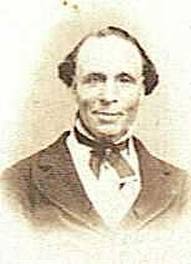
Eleven years after Abel’s death, Joseph F. Smith again rejected the idea of Abel being dropped from the priesthood. BUT in 1908 and out of the blue (and giving no explanation) Joseph F. Smith who defended Abel’s priesthood status in more than one occasion, totally reverses his position and declares that Joseph Smith Jr. Established that Abel’s ordination was
“Null and void”.
Elijah was not the only Black Elder. In 1837, Wilford Woodruff recorded on his journal about an African American Elder by the name of Joseph T. Ball who was the Boston Branch president from 1844 – 1845, he was also ordained a High Priest (also, he later on served a mission with Wilford Woodruff).
Walker Lewis (a radical abolitionist), is another African American LDS member who received his Priesthood in 1844, (there are conflicts reports about who ordained him, possibly the youngest brother of Joseph Smith or Parley P. Pratt, according to Jane Elizabeth James). Brigham Young described him as “one of the best Elders”.
3. “Early in its history, Church leaders stopped conferring the priesthood on black males of African descent. Church records offer no clear insights into the origins of this practice”.
I really love the addition of “no clear insight” because it removes or at least isn’t written on stone the myth that the ban was “inspired/revelation by God”.
I think it is safe to say there are several factors that contributed to the ban. The son of Walker Lewis, Enoch Lovejoy Lewis, also joined the Church around the same time his father did, he married a white LDS woman, Mary Matilda Webster and it’s the speculation that this marriage and the unauthorized practice of Plural Marriage done by another Black LDS Elder by the name of William McCary (he seduced a number of LDS white women into the practice) it’s what possibly contributed to the Priesthood ban by Brigham Young. Why? Because during that same year, Young declared that Blacks are ineligible for certain temple ordinances due to the fact that the Lord cursed Cain’s seed and prohibited them from the Priesthood, even though two years prior to this statement, he clearly stated that this isn’t an issue of “blood”.
One of the things that it is usually forgotten when we discuss the Priesthood ban is the fact that Black women were also directly affected by the prohibition. They were not allowed to go to the Temple and receive their endowments or serve missions.
Jane Elizabeth Manning James was an African-American LDS member born in Connecticut in the 1820’s. She led a group of relatives (8 of them) to Nauvoo along with the Saints of the area. They were separated in New York after the captain of the steamboat where they were supposed to travel refused Jane and family entry because they were African Americans. It didn’t stop Jane’s determination to reach Nauvoo so she decided (along with her family)to walk to Nauvoo (900 miles), experiencing extremely harsh weather conditions, illnesses and almost ending in prison. If you saw the Church video called “The Prophet of the Restoration” you would have seen her character portrayed when the Prophet Joseph Smith is healing the feet of a black young woman. They walked until their shoes were worn out and their feet were so sore that they cracked open and bled to the point of making bloody prints on the ground.
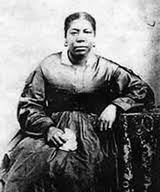
After her husband left the family in 1869, Jane in several occasions requested to the First Presidency to be endowed and to be sealed, along with her children to Walker Lewis, Jane of course assumed that he would be eligible for temple ordinances since Walker was an Elder. However, her petitions were refused several times.
After her husband died in 1891 Jane decided to ask the First Presidency to be given the ordination of adoption that the Prophet Joseph Smith and his wife Emma offered her in the past but that she politely refused due to the fact that she didn’t understand at that time the significance of such ordination. However, her request was once again refused.
Instead, the First Presidency decided (after several requests) that she could be adopted into the family of Joseph Smith as a servant for eternity. Jane was not allowed to be present in the ceremony. Joseph F. Smith acted as proxy for Joseph Smith, and Bathsheba W. Smith acted as proxy for Jane. I really think this was a failed attempt to get Jane to stop requesting the adoption. Jane of course, wasn’t satisfied so she petitioned once again in 1895 to the First Presidency to be sealed to the Smiths as a child but once again, was denied. She died in 1908 at age of 86, faithful to the Church as always. The work in the Temple has been done for her right after the lifting of the ban in 1978.
4. “Church leaders believed that a revelation from God was needed to alter this practice and prayerfully sought guidance”. This is also very significant. Was a revelation from God needed if the practice was never doctrinal? I think it’s safe to say that perhaps yes, for the simple fact that it seems like past leaders didn’t really know the origin of the practice (or at least was very confusing, specially the hearsay) so they figured it was a safer approach to receive a revelation rather than to take matters into their own hands and be wrong.
5. “The revelation came to Church President Spencer W. Kimball and was affirmed to other Church leaders in the Salt Lake Temple on June 1, 1978. The revelation removed all restrictions with regards to race that once applied to the priesthood.”
A glorious day in LDS history. A day where all the prejudice, pseudo-doctrines, 19th century thinking and personal bigotries were left behind and a new era started. I can only imagine the happy tears and joy felt by my dear African American Brothers and Sisters, I can only imagine Jane’s reaction in Heaven when she heard the news. She was patiently waiting for a hundred and six years since that first request and seventy years from the time she passed away….to receive her own endowments and be sealed for all time and eternity with her family. Yes Jane, it happened.
